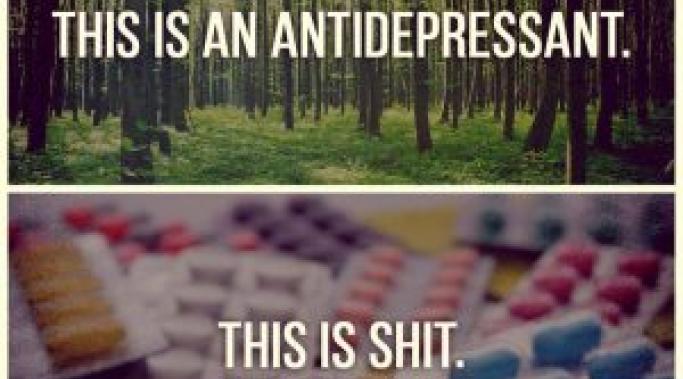Blogs
You can work on your emotional wellbeing by meditating, journaling, and reciting affirmations. But, there is also a physical component to your emotional health, and it often goes ignored. If you want to enhance your emotional wellbeing, include exercise in your self-care routine.
How does one recover from sexually predatory behavior? Donald Trump's recent comments have sparked an avalanche of ugly behavior and comments. What stood out to me was his remark that the women a celebrity abused would not do anything about it because the celebrity is in a position of power--classic sexual predator logic. But some people, despite all the risks, do come forward and have the courage to heal (The Cosby Case Can Teach Us Three Lessons). Here is how we go about recovering from sexually predatory behavior.
The grocery store can be a place full of anxiety for those who suffer from any type of eating disorder. Even in recovery I can still become overwhelmed when I have to make my weekly shopping trip. Over time I have found effective anxiety coping skills that help me navigate the aisles and lessen my anxieties.
There are many ways that people cope with and treat mental illnesses, whether it be different types of mental health therapy, meditation, exercise, or medication. The list could go on and what it shows is that for each person something different will work. It’s part of the complex nature of these illnesses and part of the mystery that still needs solving.
Dissociation due to posttraumatic stress disorder (PTSD) is just one of the symptoms that many of us who have PTSD have to cope with, but it can be a disruptive one. Most people who have survived trauma dissociate to some extent; it's one way that the brain protects us from dealing with frightening events. For some of us, dissociation might be a mild sort of "spacing out" when triggered, but for others, it can be a truly unsettling feeling that is difficult to deal with.
It can be a tremendous challenge to reduce anxiety. Don’t be mistaken (and outsiders shouldn’t be mistaken, either); it is not your fault that anxiety hangs on and on and on. It’s not because you’re weak. You’re not making it up, and it’s not in your head. You’re not blowing things out of proportion or making mountains out of mole hills. To be sure, anxiety does magnify problems and worries and fears, but that is anxiety’s doing rather than something you are choosing to do (Anxiety and Over-Thinking Everything). You are not your anxiety. You, then, have the power to challenge anxiety to a showdown. Try this ten-day challenge to reduce anxiety.
Meditation improves your mind and changes your brain. It has been in practice for centuries, and it's recently become more popular in mainstream culture, especially as a mental health coping mechanism. Researchers have been looking further into the scientific impacts of meditation, and they have found that regular meditation actually changes the physical structure of your brain. As if that isn't cool enough, further research shows that meditation reduces stress and anxiety, boosts creativity and focus, and can improve relationships.1 All of these effects effects of how meditation improves your mind can make a huge impact in coping with depression.
In a society that demands a perfect body and a perfect mind, it is no surprise to understand why it's hard to accept a diagnosis of a mental disorder. The lack of knowledge people have about mental health leads to minimal support for those struggling with a mental health condition. This is a challenge for many young adults who receive a diagnosis in which they know little to nothing about. The stigma of mental illness and the treatment for mental health conditions are two main reasons why it's hard to accept a diagnosis of a mental disorder.
Many people with dissociative identity disorder (DID) experience symptoms of depression. Sometimes, the depressive symptoms are minor and intermittent. Other times, the symptoms are substantial enough to result in an additional diagnosis of a depressive disorder. In either case, depressive symptoms can have a significant impact on those with DID, and can make living with DID a little more complex.
I spent the past four days exploring nature in Arizona. This little get-away reminded me how much bliss I achieve when I explore nature (Natural Treatments for Depression). I thought I’d share the benefits I gain when I explore nature.









